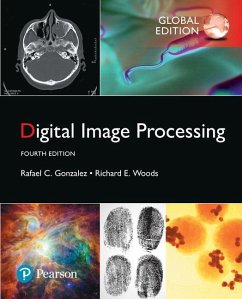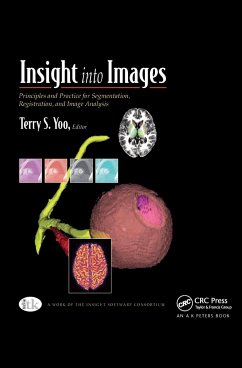
Digital Imaging: Tone Mapping
A New Efficient Real-Time Global Tone Mapping Method
Versandkostenfrei!
Versandfertig in 6-10 Tagen
32,99 €
inkl. MwSt.

PAYBACK Punkte
16 °P sammeln!
In computer graphics, visualization, digital imaging and specially in digital photography, tone mapping plays an important role. The contrast of an image is finite and display device dependent. It is typically around 4-6 stops according to photographic tradition in log2 scale. The contrast of the original scene however is often significantly greater than that so that the bright or dark parts of the scene will have no details in the image. In this work we give an overview of color science, human vision and display devices. We present known global tone mapping methods and some efficient adaptive...
In computer graphics, visualization, digital imaging and specially in digital photography, tone mapping plays an important role. The contrast of an image is finite and display device dependent. It is typically around 4-6 stops according to photographic tradition in log2 scale. The contrast of the original scene however is often significantly greater than that so that the bright or dark parts of the scene will have no details in the image. In this work we give an overview of color science, human vision and display devices. We present known global tone mapping methods and some efficient adaptive HDR methods. The main focus of the work is to find the optimum contrast window for global tone mapping and to decide if there are better global and local mapping methods than the widespread mean value mapping. We introduce a new efficient global method that yields visually pleasant results for high contrast images, e.g. for the always critical back light or images containing exterior and interior parts simultaneously. Since the method works in real time, it could be easily implemented in Digital Cameras.












